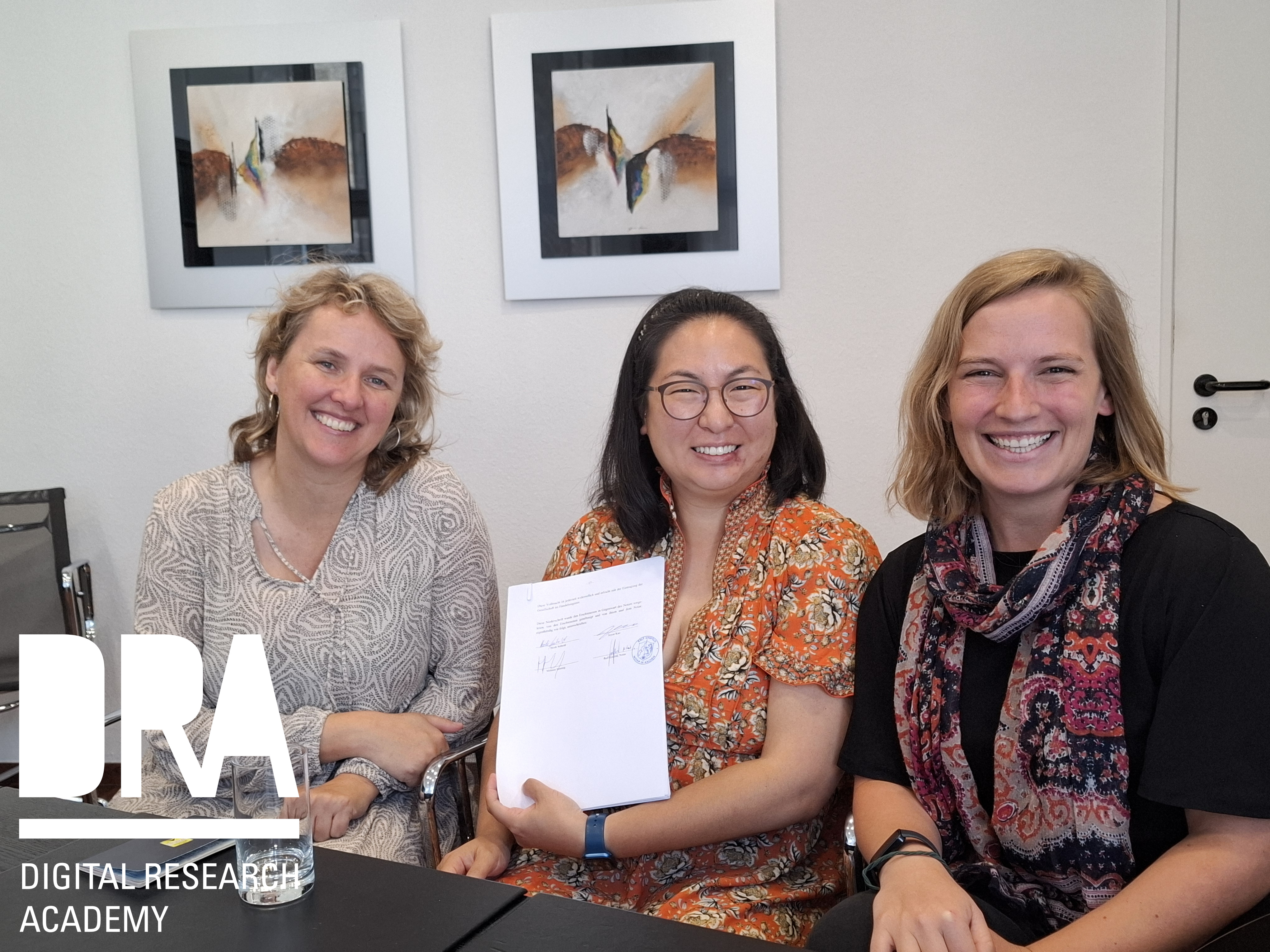Peer Community In Registered Reports ✅
I became aware of the initiative when Corina Logan, one of the initiators asked me to become a recommender (kind of an editor) at Peer Community In Registered Reports. Note: Nobody is paying or rewarding me in any way for writing this post. I just like supporting cool initiatives in the ways I can. What is PCI and what is PCI Registered Reports?Peer Community In (PCI)PCI is a non-profit organization of researchers offering peer review, recommendation and publication of scientific articles in open access for free. The found a cool way to circumvent the traditional publishing system that they bring to different communities (thus the name), for example Peer Community in Evolutionary Biology (PCI Evol Biol) and Peer Community in Ecology (PCI Ecol). For more details, see the PCI website or watch this fun video: PCI Registered Reports (PCI RR)The Peer Community In Registered Reports is one of the sub-communities of PCI, but a special one. It does not focus on a specific topic – such as Ecology – but on a specific idea: Registered Reports. So what they do is to combine two really cool ideas: PCI and Registered Reports. The following info on the the PCI Registered Reports website summarizes things quite nicely:
A COMMUNITY, NOT A JOURNAL 👉 PCI RR doesn't publish Registered Reports but instead manages peer review of Registered Report preprints across STEM, medicine, the social sciences and humanities
ESTABLISHED BENEFITS 👉 Rigorous and constructive pre-study review at a point in time where it helps the most, with in-principle acceptance to neutralise publication bias and reporting bias TRUST Led by the architects of Registered Reports, with the review process managed by accredited recommenders
INDEPENDENCE 👉 Peer review independent of journals but endorsed by a growing list of journals that accept PCI R recommendations
POWER TO AUTHORS 👉 Once a submission is recommended by PCI RR, authors can choose any eligible PCI RR-friendly journal to publish the article without further peer review
FLEXIBILITY 👉 No need for authors to decide which journal to publish in - or any journal at all - until after a final Stage 2 recommendation
TRANSPARENCY 👉 Recommended preprint remains citable on a preprint server, with peer reviews published under a DOl by PCI R and reviewers having the option to sign
INNOVATION 👉 Unique policy features including Scheduled Review and Programmatic Registered Reports to accelerate peer review and widen access to different modes of research
ZERO COST PCI RR 👉 is a non-profit, non-commercial platform that is free to use for all, including authors, readers, and supporting journals
The process works as follows: PCI RR is currently looking for recommenders (editors). If the idea speaks to you, please consider becoming a part of the solution to many problems in the world of research and scholarly publishing. Do you also have an initiative you'd like me to feature on my newsletter? Get in touch and tell me all about it! All the best, Heidi P.S. If you're enjoying this newsletter, please consider supporting my work by leaving a tip.
|
Heidi Seibold, MUCBOOK Clubhouse, Elsenheimerstr. 48, Munich, 81375 |
Dr. Heidi Seibold
All things open and reproducible data science.
I am excited to share that the Digital Research Academy incorporation is almost done. We had our notary appointment last week, set up the bank account and are now waiting for the official registration of the DRA Digital Research Academy GmbH. I published my first post about the initial idea for the Digital Research Academy in May 2023. Now, just a year and a few months later, the Digital Research Academy is becoming not only an initiative but a company. Last week Joyce Kao, Melanie Imming and...
I am in the process of making my newsletter FAIR (Findable, Accessible, Interoperable, and Reusable). Here's how. I am an advocate for Open Science. The FAIR priciples are very near and dear to my heart. I was excited when the Open Science folks at Jülich archived a bunch of my posts and gave them a persistent identifier (DOI, see archived posts here). This was exactly what I was still missing to make my posts more FAIR. However, I cannot expect them to take care of archiving all my posts and...
I get asked for career advice all the time (even though I am just figuring stuff out myself). Generally I try to help by listening and asking questions, but there is one thing that I tell everyone who wants to hear it: pick work where you like the people. How do you pick the research group you want to work with? My recommendation is to pick based on two things: Do you like the topics they work on? Do you get along with the people in the group (in particular your boss/supervisor)? The first is...
